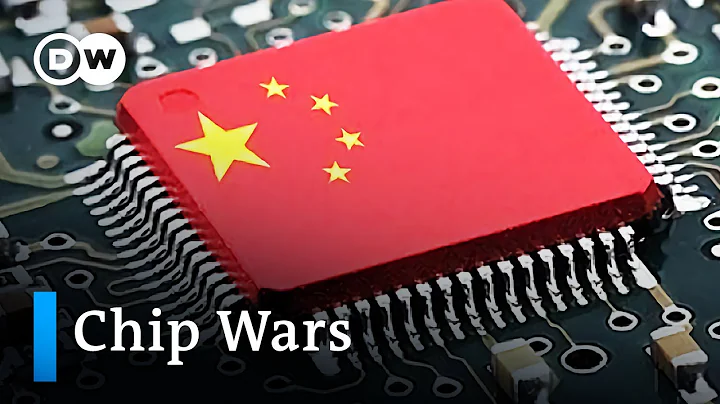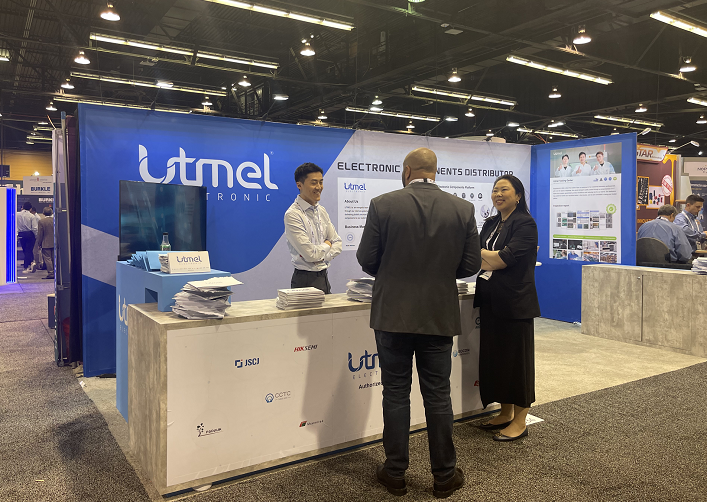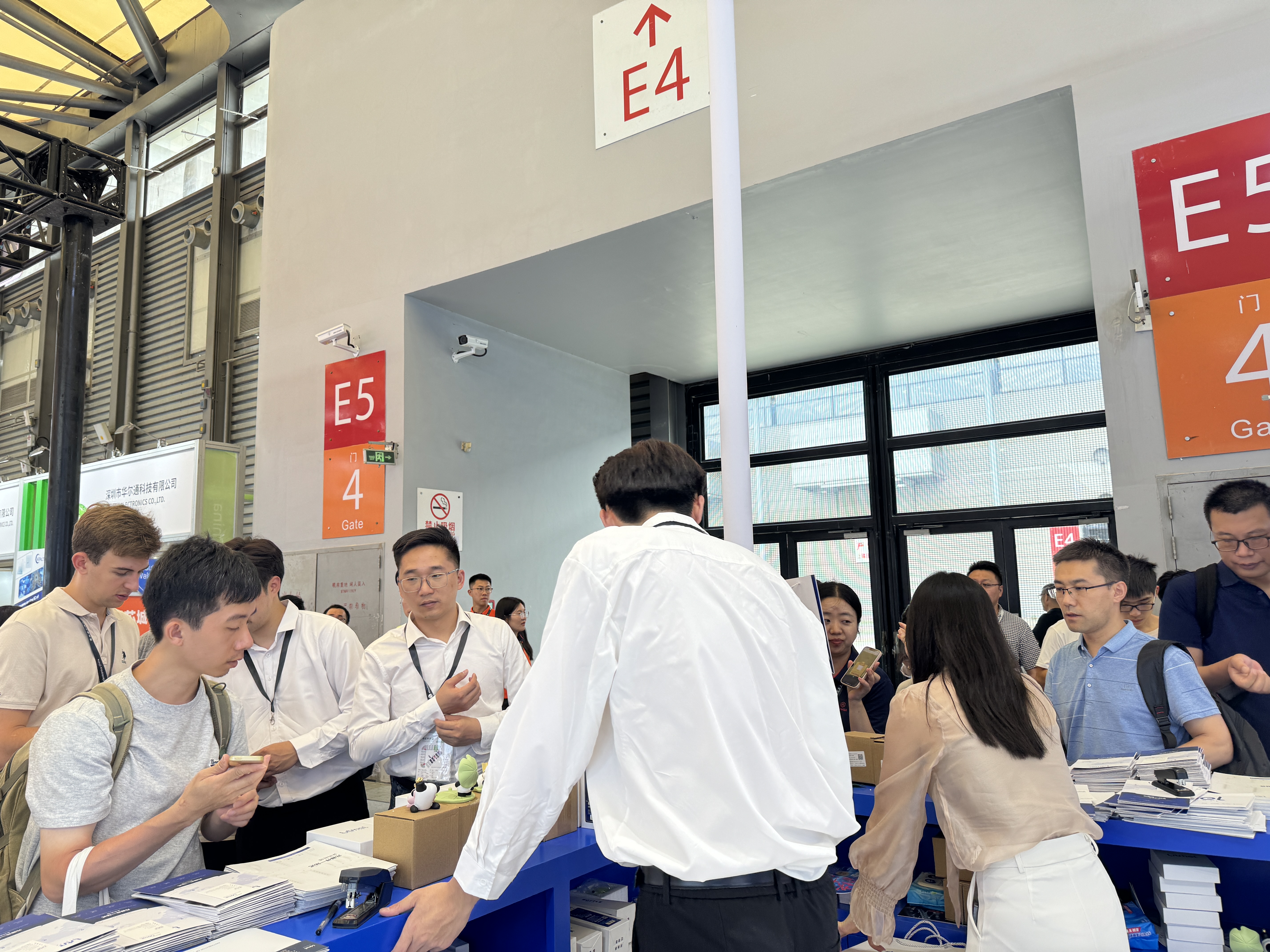The Global Talent Pool for Major Chip Manufacturing Is Still Far From Adequate

Global chip shortage: How microchips became one of the worlds most precious resources
The world's major chip makers in recent years set off a wave of production expansion of more than $ 370 billion, but the talent pool is far from ready.
TSMC's logic chip factory in Kumamoto, Japan, started construction on the 21st of this month. It is expected to produce 22/28nm and 12/16nm process chips and bring 55,000 wafers of capacity to Japan. Against the backdrop of countries stepping up localization of chip manufacturing, Japan also expects Kyushu/Kumamoto to become one of the world's key chip manufacturing bases in the future.
The other side of the coin is that TSMC, which is squeezing the labor market in Taiwan, will compete with local companies for talent in Japan. The said factory needs about 1700 employees, after Taiwan dispatched 320, Sony dispatched 220, the remaining 1200 need to be recruited to get.
According to a survey conducted by Japanese media, more than 80 percent of the manufacturers surveyed are concerned about the impact TSMC's Kumamoto plant will have on recruitment. With TSMC's salary offer exceeding the local average, Japanese companies are worried about not being able to compete with TSMC and the higher local salary effect it will bring.
Talent Shortage Becomes a Limiting Factor for Industrial Expansion
The talent shortage is obviously not the news in the chip industry, but the last two years of major expansion and talent shortage are intertwined with a new story. TSMC to set up a factory in Japan triggered local companies to worry about talent recruitment, reflecting the talent war has become more intense due to the tide of expansion, and this is just the tip of the iceberg. Talent shortage not only limits the current expansion progress but also becomes the scenery of the semiconductor industry's business risks.
In recent years, the world's major chip manufacturers have announced a total of more than $ 370 billion worth of expansion plans in recent years. In 2021 alone, the world's top three semiconductor manufacturers announced annual capital expenditures of more than $ 60 billion.
The expansion map of the world's major chipmakers has been outlined. TSMC's $12 billion chip factory in Arizona, U.S. has already started construction, TSMC will also plan to build up to six fabs in Arizona in the next 10 to 15 years; Samsung to set up a factory in the United States, Texas, to invest up to $17 billion; after the announcement of $20 billion in Arizona to build two new factories, Intel dropped another $20 billion in Ohio to build two more new plants.
More facilities mean more talent staffing needs. TSMC to set up factories in the United States once the news, the industry is the most discussed, is the lack of people, water and electricity and other issues. Now see, the lack of people problem is not solved well.
TSMC's Arizona factory construction time was already far longer than other regions, and now it is further delayed because of talent shortage and other factors.
According to Nikkei Asian Review, TSMC originally planned to move the equipment into the new plant in September 2022, but now been delayed to around February and March 2023, as the lack of manpower is a major factor. It is worth noting that Intel is also going to build a new plant in Arizona and is expected to recruit 3,000 employees. This also means that the two major manufacturers will compete for head-on talent.
Even in the U.S. home base, Intel apparently also has a shortage of people's troubles. In order to ensure that the new manufacturing plant in Ohio has a workforce. Intel will invest $50 million in higher education in Ohio over the next 10 years through a grant program, including funding for the creation of the Intel Semiconductor Education and Research Program in Ohio.
Escalation of The War for People
Taiwan is a global chip manufacturing hub, and TSMC produces about half of the world's chips, 92% of the advanced semiconductors. If even TSMC is short of talent, it is clear that the shortage of talent is a global problem.
China Semiconductor Industry Association IC Branch Director Ye Tengchun previously publicly introduced the shortage of chip talent is not unique to China, integrated circuits in the early development, whether in the United States or Japan, South Korea, and even China Taiwan, talent is poached to poach.
To this day, the shortage of chip talent is not seen to ease, coupled with manufacturers based on the industry boom actively expanding, showing an aggravating trend. How big is the talent gap, the industry has many assessments? Hon Hai Chairman Liu Yangwei has publicly called for Taiwan's semiconductor industry to need 28,000 people in 2021. But Taiwan's semiconductor-related graduates are less than 12,000 per year.
Beyond the data, TSMC's increasingly aggressive recruiting strategy can also be seen. After the capital expenditure was raised from $40 billion to $44 billion, TSMC this year called to recruit more than 8,000 new employees and made a dual strategy of salary increase and relaxation of standards.
At the beginning of 2021, TSMC announced a 20% salary increase across the board. At the same time, TSMC is the unprecedented relaxation of standards. Industry observation, as a first-tier factory, TSMC, MediaTek originally used only the first echelon of TSMC Qingcheng students, the status quo even located in the seventh echelon of institutions to grab the maintenance engineers are finished.
The lack of people on the mainland is equally serious. To the gap, the domestic semiconductor shortage of 300,000 talents is often heard saying. This year, more experts pointed out that, together with all areas, the shortage may be in the 600,000 or so. Among them, the manufacturing sector is the most shortage, new companies are emerging in the design sector, and the shortage of people is also particularly prominent.
In the first three months of 2022, the chip market financing events 4.6 times the same period in 2021. The heat remains high, and the chip industry salary level is also rising, with up to a 50% growth rate led by various industries, so that some related industries see opportunities. Headhunters are happy to see the chip talent in demand. According to a long-standing chip talent recruitment HR, based on the positive expectations of the chip labor market, he plans to develop a training business this year.
However, chip design talent has become the "meat and potatoes", but only in recent years open the situation, so many engineers experience salary inversion.
An FPGA engineer told "Ask Core Voice" that the company must compromise with the market price to find talents, but he feels the salary inversion on a daily basis. He also revealed that the salary of his own staff is 2k higher than his own. 10% of the company's salary is adjusted steadily for one year, and only job-hopping can bring a significant salary increase. However, taking into account factors such as not wanting to resume "too flowery", fewer employees flow because of the salary inversion.
Strategies for Policymakers
Cultivation, Introduction, and Anti-Poaching
At the policy level, more actions focused on the shortage of chip talent unfolded this year.
Taiwan has made the most notable moves to cultivate talent. Five Taiwanese universities have set up "semiconductor colleges," each with an annual quota of 100 masters and doctoral degrees. This means that starting next year, 500 master's and doctoral degrees in electrical engineering are expected to be produced each year. As early as May 2021, Taiwan passed the "Regulations on Industry-Academia Cooperation and Talent Cultivation Innovation in Key Areas" to strengthen the partnership between academia and industry for top talent cultivation.
South Korea will also support the semiconductor industry in terms of talent development. South Korea has decided to increase the number of enrollments in semiconductor universities to 700 this year and to establish a new education program to train 1,200 experts in the semiconductor field each year. Before Taiwan and South Korea made their moves, China's move to change microelectronics from a secondary discipline to a primary discipline caused widespread discussion in the industry.
With no spare human resources within Taiwan, recruiting talent from around the world is also an oft-cited solution. It is worth noting that the industry is seeing more defensive policies. According to a recent Reuters report, Taiwan's spy catchers have launched investigations into about 100 foreign companies suspected of illegally poaching semiconductor engineers and another technical talent, and authorities are working to increase penalties for poaching. Maximum prison terms have been increased from one year to three years, and maximum fines have been increased from $5,200 to $520,525.
In fact, it was South Korea that first sparked the talent poaching debate this year. South Korea plans to create a database of chip engineers to monitor their travels in and out of the country, a move aimed at stopping engineers from jumping ship to foreign competitors. In 2020, prosecutors investigated 112 people suspected of involvement in overseas leaks of technology in violation of South Korea's trade secrets law, the data show.
Conclusion
Since the problem of capacity shortage surfaced in the fall of 2020, the lack of cores, expansion and talent wars have taken over in turn, becoming the hottest topic in the semiconductor industry in recent years, and gradually approaching the essence of the current industry competition - that is, the struggle for dominance around technology.
As a carrier of technology, the flow of talent is extremely important. And compared to the expansion of production capacity, involving how to respect talent and talent development laws and other aspects, from the concept to action are extremely complex topics.
This question is not without quantitative indicators. It is conceivable that when local chip companies have world-class profit margins and can provide global-level salaries for talents, it is the day when they master the competitiveness of world-class technology.
Related News
1、Chip Packaging Lead Time Has Grown to 50 Weeks
2、Eight Internet of Things (IoT) Trends for 2022
3、Demand for Automotive Chips Will Surge 300%
4、Volkswagen CFO: Chip Supply Shortage Will Continue Until 2024
5、BMW CEO: The Car Chip Problem Will Not Be Solved Until 2023
6、Shenzhen: This Year Will Focus on Promoting SMIC and CR Micro 12-inch Project
 UTMEL 2024 Annual gala: Igniting Passion, Renewing BrillianceUTMEL18 January 20243088
UTMEL 2024 Annual gala: Igniting Passion, Renewing BrillianceUTMEL18 January 20243088As the year comes to an end and the warm sun rises, Utmel Electronics celebrates its 6th anniversary.
Read More Electronic Components Distributor Utmel to Showcase at 2024 IPC APEX EXPOUTMEL10 April 20243936
Electronic Components Distributor Utmel to Showcase at 2024 IPC APEX EXPOUTMEL10 April 20243936Utmel, a leading electronic components distributor, is set to make its appearance at the 2024 IPC APEX EXPO.
Read More Electronic components distributor UTMEL to Showcase at electronica ChinaUTMEL07 June 20242553
Electronic components distributor UTMEL to Showcase at electronica ChinaUTMEL07 June 20242553The three-day 2024 Electronica China will be held at the Shanghai New International Expo Center from July 8th to 10th, 2024.
Read More Electronic components distributor UTMEL Stands Out at electronica china 2024UTMEL09 July 20242789
Electronic components distributor UTMEL Stands Out at electronica china 2024UTMEL09 July 20242789From July 8th to 10th, the three-day electronica china 2024 kicked off grandly at the Shanghai New International Expo Center.
Read More A Combo for Innovation: Open Source and CrowdfundingUTMEL15 November 20193666
A Combo for Innovation: Open Source and CrowdfundingUTMEL15 November 20193666Open source is already known as a force multiplier, a factor that makes a company's staff, financing, and resources more effective. However, in the last few years, open source has started pairing with another force multiplier—crowdfunding. Now the results of this combination are starting to emerge: the creation of small, innovative companies run by design engineers turned entrepreneurs. Although the results are just starting to appear, they include a fresh burst of product innovation and further expansion of open source into business.
Read More
Subscribe to Utmel !
![IRM-01-24]() IRM-01-24
IRM-01-24MEAN WELL USA Inc.
![IRM-05-3.3]() IRM-05-3.3
IRM-05-3.3MEAN WELL USA Inc.
![IRM-15-3.3]() IRM-15-3.3
IRM-15-3.3MEAN WELL USA Inc.
![MPM-15-15]() MPM-15-15
MPM-15-15MEAN WELL USA Inc.
![IRM-45-12]() IRM-45-12
IRM-45-12MEAN WELL USA Inc.
![IRM-03-9]() IRM-03-9
IRM-03-9MEAN WELL USA Inc.
![IRM-03-15]() IRM-03-15
IRM-03-15MEAN WELL USA Inc.
![NFM-05-15]() NFM-05-15
NFM-05-15MEAN WELL USA Inc.
![RAC10-15SB]() RAC10-15SB
RAC10-15SBRecom Power
![PF1000A-360]() PF1000A-360
PF1000A-360TDK-Lambda Americas Inc.












